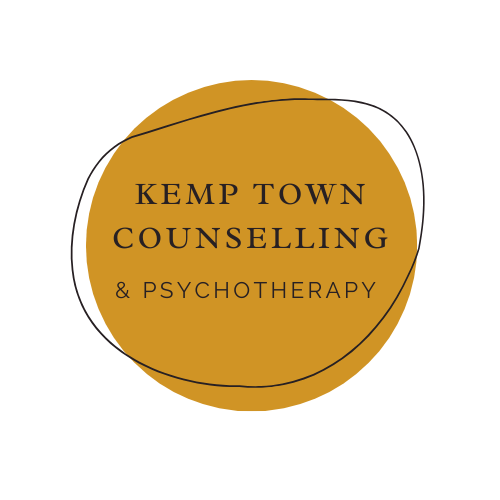What is trauma & trauma therapy?
Trauma is the real, or perceived, threat to a person’s survival of the Self. Whether it’s something you’ve experienced, witnessed, heard about or is part of your job, the effect trauma can have on your day-to-day life can be paralysing.
Dr. Stephen Joseph uses the metaphor of a suitcase, when working with trauma. That is, once you feel safe and held in your therapeutic relationship, you’ll work to unpack the suitcase but only ever at your pace. It’s entirely up to you how and when you examine the contents of your suitcase - as “only the person close to the fire can tell you how hot it is”. Trauma & PTSD can have a whole body (somatic) response and having an awareness of this means you can explore how your body has literally stored the trauma and work to release that.
The mind is incredibly powerful in how it manages to ensure your survival. This is why having a coherent narrative surrounding the trauma is difficult - your brain has literally taken steps to ensure you can’t recall it all.
The body keeps the score, the brain knows the score - it just doesn’t tell the mind
A feature of our work together is psycho-education. The reason for this is that when a person has trauma(s) in their history, then being informed about what your brain, mind, body are or have done increases not only your understanding but also your awareness. Those with trauma have found ways to creatively adapt to the world around them in order to survive! We’ll look at and try to understand the function of any adaptations as it can be the beginning of cultivating compassion for yourself.
Trauma has many faces - it could be a single incident trauma, such as a road traffic accident. Multiple traumas, such as childhood abuse and an abusive adult relationship, relational attachment trauma that has resulted in a negative relationship with the self - or war or frontline services such as paramedics. There is no game of top trumps as to ‘whose trauma is worse’. It’s a spectrum. Each person navigates their trauma in unique ways and my role is to understand how negative beliefs about the self were formed and influenced by that trauma(s).
I work with a ‘bottom up’ and ‘top down’ approach to trauma - that is providing sufficient cognitive awareness to understand what the body might be communicating (and vice versa). Our mind and body aren’t separate and as such, I work to identify the information in the present (often referred to as a symptom) and how it may relate to your past. Consequently freeing up psychological and emotional bandwidth to consider what your future looks like, as often those with trauma can’t or are unable to consider what they want life to look like, feel like or sound like.
Once the suitcase has been sufficiently unpacked, life can look and feel very different.
“Empathy has no script. There is no right way or wrong way to do it. It’s simply listening, holding space, withholding judgment, emotionally connecting, and communicating that incredibly healing message of ‘You’re not alone.’”
I work with trauma in a compassionate and empathic way. We may use breathing techniques that allow the parasympathetic nervous system to kick-in and aid in relaxing the body - this is to ensure you have a secure base to return to in, and outside of, sessions. Or anxiety techniques, in case you find you’re living through flashbacks and panic attacks.
There’s an excellent article on Psychology Today which explains a little more about the hyper-arousal and hyper-vigilant states caused as a consequence of trauma
There are several books/resources that may be helpful:
‘The Body keeps the Score’ by Bessel Van Der Kolk
‘Not the price of admission. Healthy adult relationships after childhood trauma’ by Dr Laura Brown
‘Trauma is really strange’ by Steve Haines
However, I would suggest that if you read any trauma focussed literature or TEDx talk or similar, then to please pay attention to what you are (or aren’t) feeling. Often the topics or case studies within these books/resources can resonate with your own story. Go gently
Want to take the next step?
Complete my enquiry form and I’ll be in contact to arrange a free, initial 15 minute consultation. In the call you’ll be able to ask any questions you may have and get a feel for the kind of person I am.


